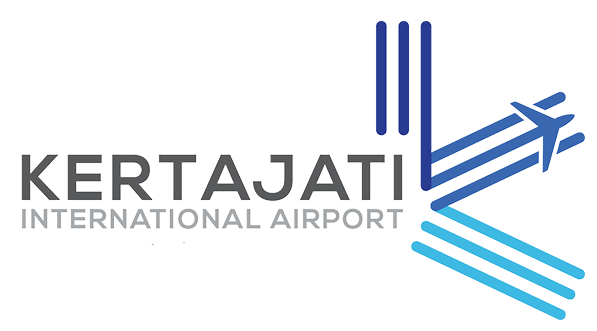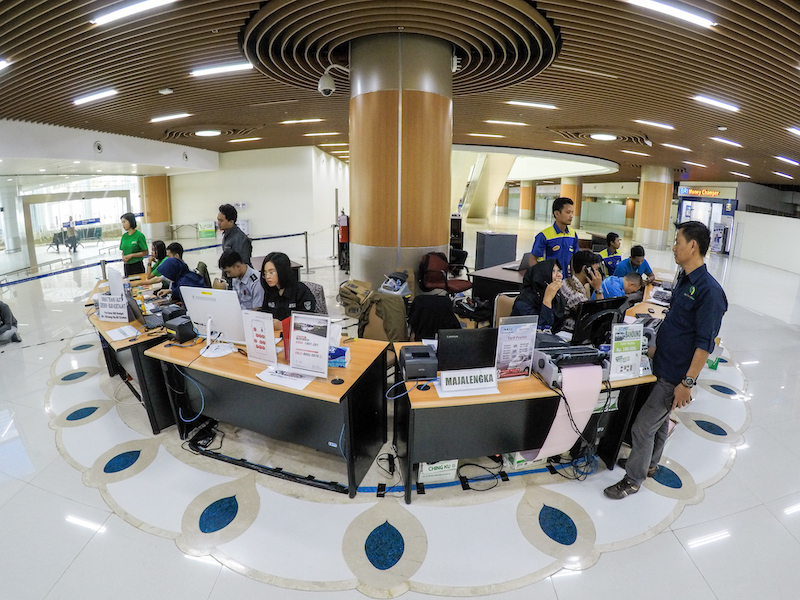1. A visit visa is given to foreigners who will travel to the territory of Indonesia for the purpose of visiting government, education, socio-cultural, tourism, business, family, journalism, or stopping to travel to other countries.
2. Visit visa as referred to in point 1 can be given for:
- 1 (one) trip; and
- Several trips.
3. A visit visa for 1 (one) trip is given to foreigners who will carry out activities:
- Tours;
- Family;
- Social;
- Art and culture;
- Government tasks;
- Sports that are not commercial;
- Comparative studies, short courses and short training;
- Providing guidance, counseling and training in the application and innovation of industrial technology to improve the quality and design of industrial products and foreign marketing cooperation for Indonesia;
- Do emergency and urgent work;
- Journalism that has obtained permission from the authorized agency;
- Filming that is not commercial and has obtained permission from the authorized agency;
- Business talks;
- Make purchases of goods;
- Give lectures or attend seminars;
- Participate in international exhibitions;
- Participate in meetings held with head office or representative in Indonesia;
- Conduct audits, quality control of production, or inspections at branch companies in Indonesia;
- Candidates for foreign workers in testing their ability to work;
- Continue travel to other countries; and
- Join the Transport Equipment in the Territory of Indonesia.
4. A multiple visit visa is given to foreigners who will carry out activities:
- Family visit;
- Business visit; and
- Government task visit.
5. Foreigners from certain countries can be exempted from the obligation to have a Visit Visa to enter the Indonesian Territory.
6. Certain countries as referred to in point 5 are stipulated in a Presidential Regulation by taking into account the principle of reciprocity and the principle of benefits.
7. Free visit visa in addition to being given to foreigners from certain countries can also be given to the skipper, pilot captain, or the crew on duty at the Transport Equipment.
8. Foreigners from certain countries and captains, pilot captains, or crew on duty in the Transport Equipment, who are exempt from the obligation to have a Visit Visa can enter and exit the Indonesian Territory through all Immigration Checkpoints.
9. A visit visa can be given to foreigners from certain countries upon arrival at certain Immigration Checkpoints.
10. Visit visa as referred to in point 9 is a Visit Visa upon arrival given to carry out activities:
- Tours;
- Family;
- Social;
- Art and culture;
- Government tasks;
- Sports that are not commercial;
- Comparative studies, short courses and short training;
- Providing guidance, counseling and training in the application and innovation of industrial technology to improve the quality and design of industrial products and foreign marketing cooperation for Indonesia;
-Do emergency and urgent work;
- Journalism that has obtained permission from the authorized agency;
- Filming that is not commercial and has obtained permission from the authorized agency;
- Business talks;
- Make purchases of goods;
- Give lectures or attend seminars;
- Participate in international exhibitions;
- Participate in meetings held with head office or representative in Indonesia;
- Conduct audits, quality control of production, or inspections at branch companies in Indonesia;
- Candidates for foreign workers in testing their ability to work;
- Continue travel to other countries; and
- Join the Transport Equipment in the Territory of Indonesia.
11. In certain cases, a visit visa upon arrival can also be given to foreigners who are not from certain countries, namely:
Do not have a Representative of the Republic of Indonesia in his country;
Will carry out activities that are sudden or urgent; or
Enter the Indonesian Territory through a seaport, airport or other place that is not an Immigration Checkpoint or an Immigration Checkpoint but is not designated as an Immigration Checkpoint for a visit Visa upon arrival,
Based on the request of the Government or private institution after obtaining approval from the Minister or the appointed official.
12. Visit visa upon arrival is given by considering the principle of benefit, mutual benefit, and does not cause security disturbances.
13. A visit visa upon arrival can also be given to a special economic area that has been determined in accordance with the provisions of the legislation.





